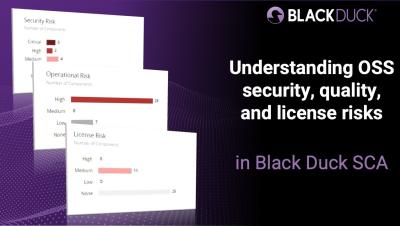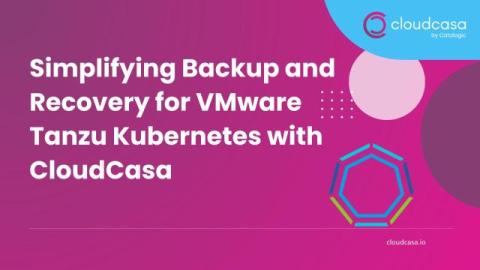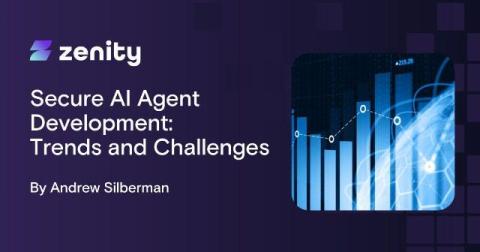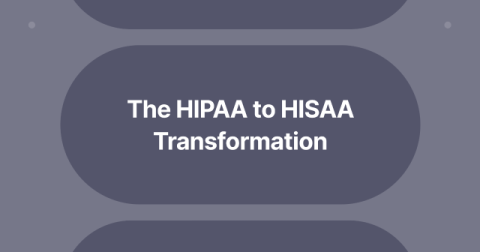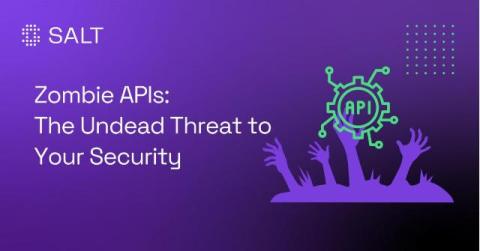A CISO's View on Building an API Security Program in 2025
As we enter the new year, the API security landscape continues to evolve. The volume and complexity of APIs attacks has increased. CISOs and security teams should evaluate their current tools and programs for changes. In this webinar, we bring together CISOs to discuss what changes and threats should be considered in API security programs for the new year. Together, we’ll examine and discuss.



